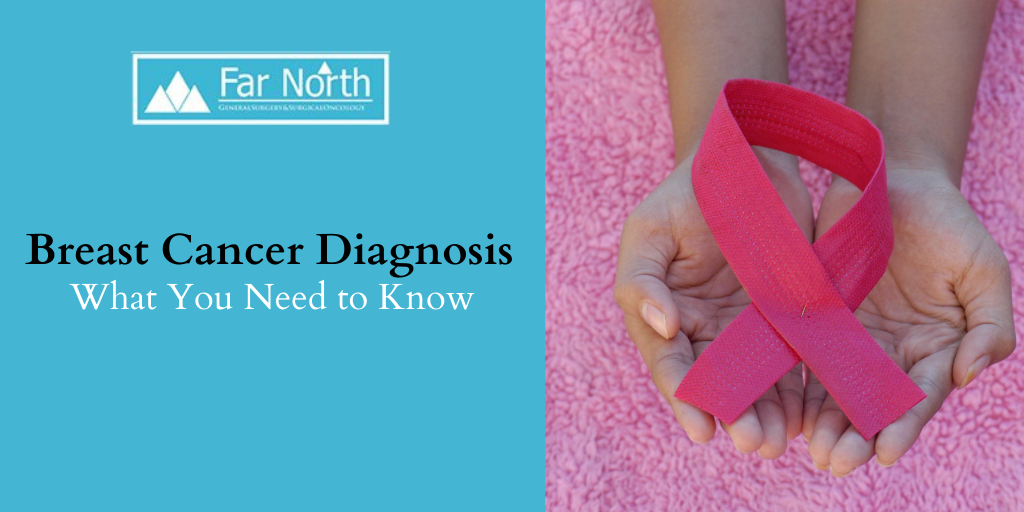


A breast cancer diagnosis usually starts with a mammogram. Yearly mammograms, breast self-checks, and doctor’s clinical examinations can diagnose breast cancer even before symptoms occur. It is essential to have regular screenings, as breast cancer can be treated easily if diagnosed early. The procedures used for breast cancer diagnosis include:
Regular self-breast examinations will help you notice any abnormal changes. You must pay attention to changes, including:
If you develop any breast cancer symptoms, your doctor will perform a clinical breast exam to identify any changes or growths in your breasts. They will ask you about any changes you may have noticed, such as, an inverted nipple or marks on your skin. They may also take note of congenital breast abnormalities, and follow up on the changes.
Your doctor may recommend these tests if you have lumps in your breast or when breast cancer is suspected.
A small tissue sample is removed from the concerned area and then tested in the lab under a microscope to detect abnormalities such as lumps, cysts, nipple discharge, etc.
Several biopsy procedures are used to diagnose breast cancer, including:
Your biopsy result will describe the type of breast cancer and its characteristics, including:
After reviewing your test results, your doctor will determine the stage and grade of your breast cancer, if present.
Finding lumps or changes in the breast is not always a sign of cancer, as these can be due to fat necrosis, benign breast lesions, or fibroadenomas. However, a precancerous lesion such as carcinoma in situ or radial scar is possible to detect. Metastasis is also another diagnosis that can spread from another cancer in the body that can cause a breast lump or mass.
Genetic testing is recommended if you:
For more information on breast cancer and its treatment, contact us.